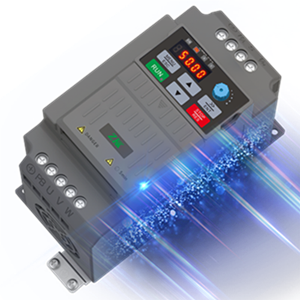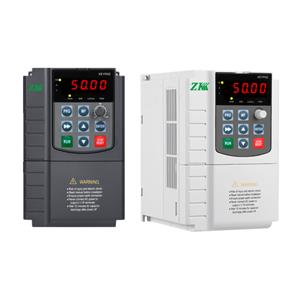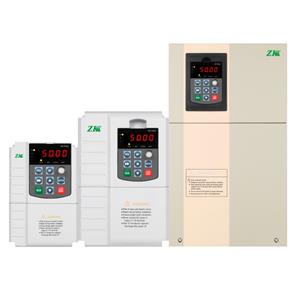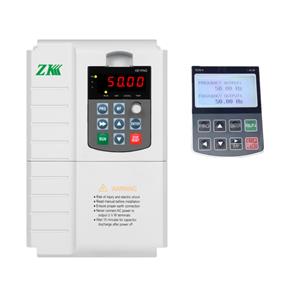Solar pump inverter in the power supply system of the remote island.
In recent years, solar energy has emerged as a prominent and environmentally conscious energy source. One notable application of solar energy lies in utilizing solar pump inverter systems to power water pumps in off-grid isolated island systems. In these remote locations with limited or no access to grid electricity, solar pump inverter systems play a pivotal role in ensuring a consistent water supply for various needs.
The primary function of a solar pump inverter system in an off-grid isolated island setup is to convert the direct current (DC) generated by solar panels into alternating current (AC) to power the water pump. This conversion process is crucial as most water pumps require AC power to operate effectively. Additionally, the solar pump inverter system adjusts the frequency and voltage of the output AC power to match the specific requirements of the water pump, ensuring optimal performance and efficiency.
A key advantage of employing solar pump inverter systems in isolated island systems is their independence from the main power grid. This autonomy enables efficient water pumping using solar energy even in remote locations devoid of electricity access. This independence not only fosters sustainable development but also reduces reliance on fossil fuels and mitigates the impact of climate change.
Furthermore, solar pump inverter systems exhibit high reliability and low maintenance needs in isolated island systems. These systems boast a simple design with fewer moving parts compared to traditional diesel or electric pumps, resulting in reduced maintenance costs and prolonged lifespan. Consequently, solar pump inverter systems prove to be an ideal choice for remote areas where regular maintenance may pose challenges.
Moreover, solar pump inverter systems are highly efficient and can adjust operating speeds to meet fluctuating water demands throughout the day. This adaptability promotes optimal energy usage, maximizing water supply while minimizing energy wastage. Advanced control features like remote monitoring and automatic shutdown in case of system faults ensure smooth operation and minimal downtime in solar pump inverter systems.
In conclusion, the integration of solar pump inverter systems in off-grid isolated island systems is instrumental in providing a dependable and sustainable water source. By harnessing solar power, solar pump inverter systems help curtail reliance on fossil fuels, combat climate change, and advance sustainable development in remote regions. With their reliability, efficiency, and low maintenance requirements, solar pump inverter systems offer a cost-effective and environmentally friendly solution for powering water pumps in isolated island systems.




